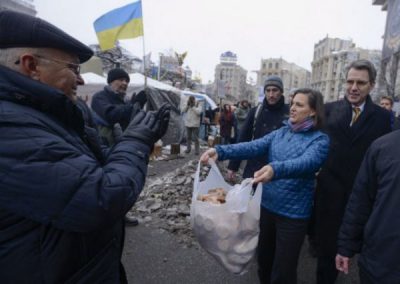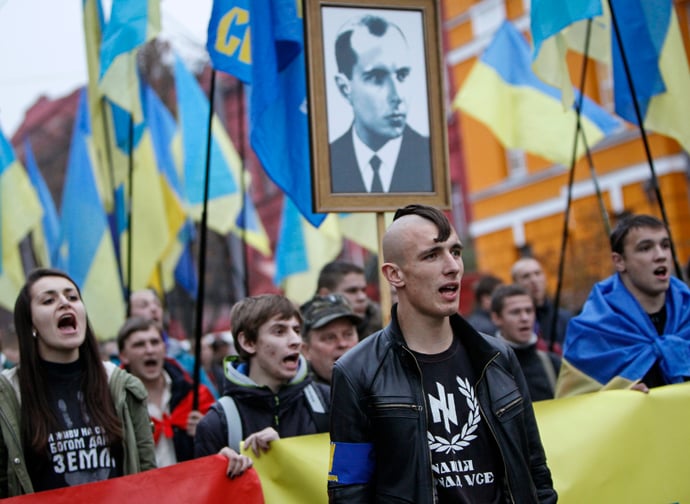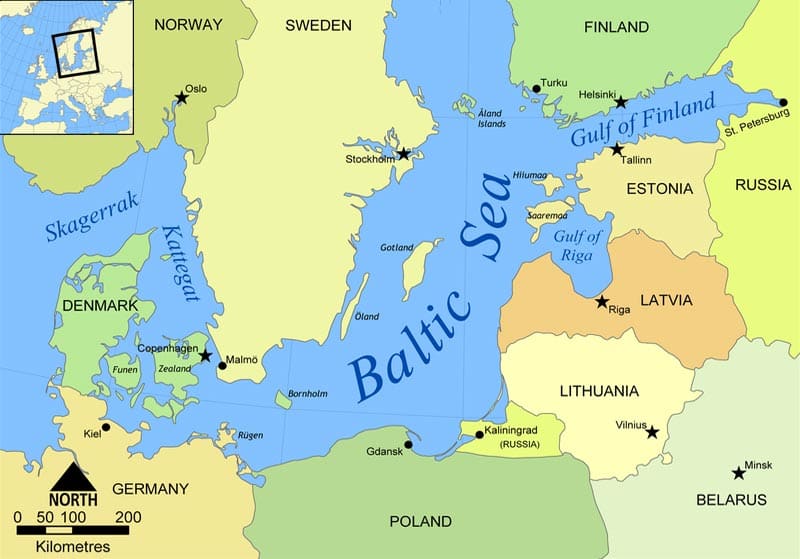Policies of Ethnicide Against Russians and Minorities in Baltic States: UN Security Council Panel

All Global Research articles can be read in 51 languages by activating the “Translate Website” drop down menu on the top banner of our home page (Desktop version).
To receive Global Research’s Daily Newsletter (selected articles), click here.
Visit and follow us on Instagram at @crg_globalresearch.
***
Russian Deputy-Ambassador Dmitri Polyanskiy moderated this scintillating Arria Formula Meeting. The opening briefer was Dr. Fernand de Varennes, UN Special Rapporteur on Minorities Issues.
In a powerful exposure of egregious discrimination against ethnic minorities, residents of Latvia and Estonia and other Baltic states and Ukraine, denied their rights to citizenship, their rights to speak their native languages, denied their right to government representation, presented an alarming description of the fascistic trends throughout the Baltics, and Ukraine.
In a passionate and powerful presentation, Alexander Gaponenko, Civil activist of Latvia described the relegation to second, or third class citizenship of Russian speakers in Latvia, and the brilliant Valery Engel, Director of Latvia’s European Center for Democracy described the Kafkaesque reception he received in Estonia where he had been invited to present a speech on anti-Semitism in Latvia.
Dr. Engel was denied entry into Estonia on the basis of articles he had written exposing anti-Semitism in Latvia, despite the fact that he was a principal speaker invited to the conference denouncing anti-Semitism to be held in Estonia. To his great credit, Dr. Engel recognized the irony in this preposterous denial of entry.
In Latvia, the Russian language was prohibited in public and private schools, and Russian speaking children who were unable to speak with the fluency of their Latvian-speaking classmates, were often categorized as “retarded,” and refused promotion to grades of higher learning. And thus they were forced into categories of expertise beneath their favored Latvian classmates. A spiral of downward mobility was thus engineered, depriving Russian-speaking children of opportunities imperative for development throughout their life.
 In an overwhelming and heartbreaking description of the surge of Nazism in Ukraine, Ms. Elena Berezhnaya, of the Ukranian Anti-Fascist-League described the scourge of neo-nazi groups in Ukraine, which were tacitly, and often actively supported by the Ukranian government “authorities,” undoubtedly on whose behalf they were rampaging throughout Ukraine.
In an overwhelming and heartbreaking description of the surge of Nazism in Ukraine, Ms. Elena Berezhnaya, of the Ukranian Anti-Fascist-League described the scourge of neo-nazi groups in Ukraine, which were tacitly, and often actively supported by the Ukranian government “authorities,” undoubtedly on whose behalf they were rampaging throughout Ukraine.
Ms. Berezhnaya described the current deification of Ukraine’s most famous nazi-collaborator, Stefan Bandera, and she mentioned that in 2016 a law was passed in Ukraine making it illegal to criticize nazi collaborators.
When Russia’s moderator, Deputy Ambassador Dmitri Polyanskiy opened the meeting for comments by other Security Council members, the U.S. Representative made a statement bordering on the absurd, and revealing zero knowledge of history.
*
Note to readers: Please click the share buttons above or below. Follow us on Instagram, @crg_globalresearch. Forward this article to your email lists. Crosspost on your blog site, internet forums. etc.
Carla Stea is a Research Associate of the Centre for Research on Globalization (CRG) and Global Research’s Correspondent at UN headquarters, New York.
Featured image is from The Unz Review


